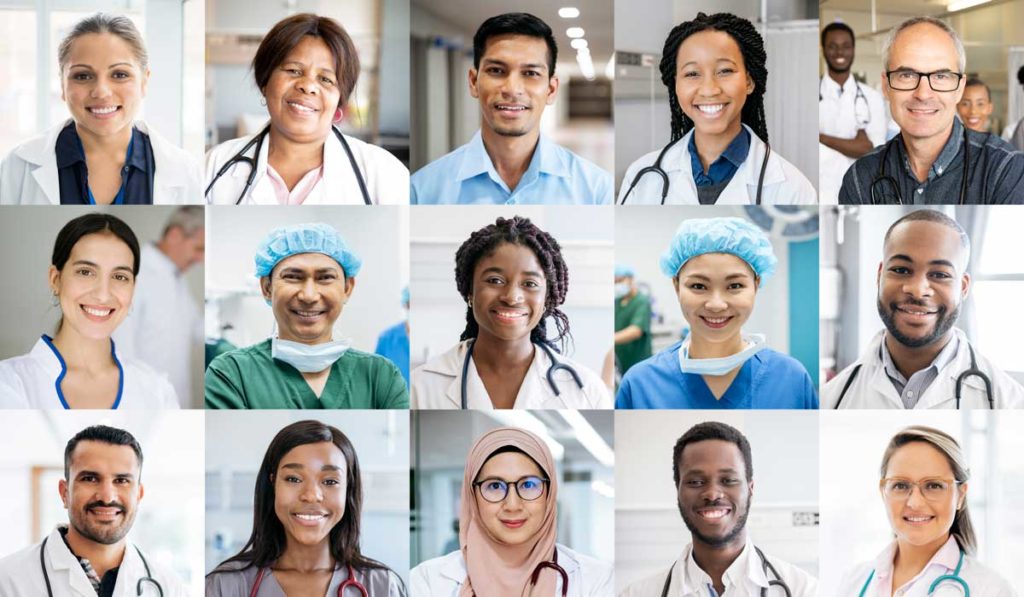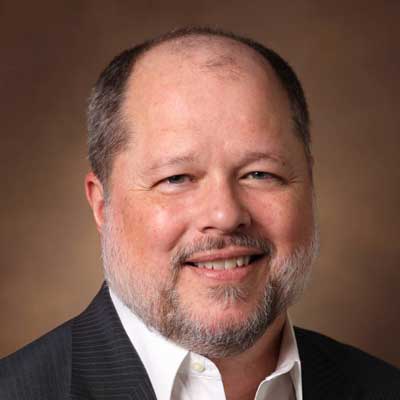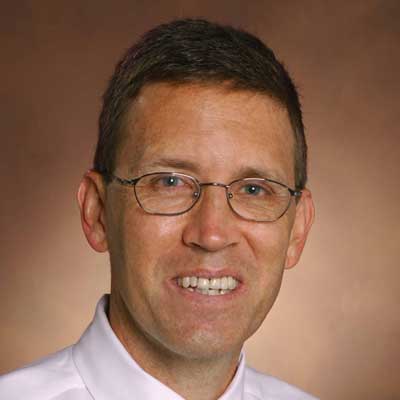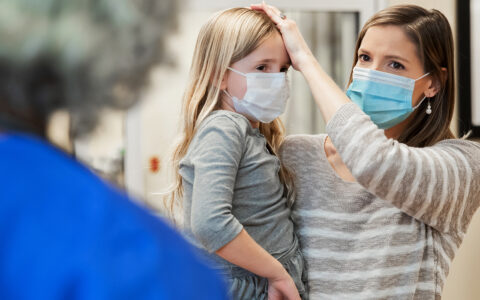A team of Vanderbilt faculty has quickly organized an online training program to assist physicians in low- and middle-income countries (LMICs) in Asia, sub-Saharan Africa, and Central and South America with education on caring for COVID-19 patients.
“No matter how bad shortages of ventilators and personal protective equipment have been in the U.S., the situation is sure to be much worse in LMICs,” said Edwin Trevathan, M.D., Amos Christie Chair in Global Health at Vanderbilt University Medical Center.
Vanderbilt faculty in anesthesia, cardiology, infectious diseases, obstetrics, pediatrics, pulmonology, medicine, and critical care are contributing online lectures. Vanderbilt launched the program in partnership with Assist International and Project ECHO, two organizations that have worked for many years with Vanderbilt’s Department of Anesthesiology on education and research programs in Africa.
“Working with partners who understand the needs but also the implementation hurdles in LMICs is always more efficient and impactful.”
“Working with partners who understand the needs but also the implementation hurdles in LMICs is always more efficient and impactful,” said Mark Newton, M.D., an organizer of the training program, professor of clinical anesthesiology at Vanderbilt and chair of Department of Anesthesiology at Kijabe Hospital in Kenya.
Collaborating on a Global Response
In addition to Vanderbilt faculty, physicians from other institutions including hospitals in New York City, Zambia, Ethiopia and Pakistan are lecturing. The group brings extensive international experience to bear, Trevathan says, which is required to address the diverse needs of physicians across different LMICs.
“All of these lecturers understand that the approaches and solutions that they offer can’t be one-size-fits-all,” Trevathan said.
For example, while N95 masks can be sterilized with ultraviolet light in the U.S., many hospitals in LMICs lack both personal protective equipment and equipment for sterilizing it. Clinicians in LMICs may need assistance determining other approaches to protect themselves and their patients.
“There is a lot of fear among health care providers and the populations in the countries that we will be reaching,” Newton said. “Through this live interaction, we can tell them, ‘We are with you on this, and we are going to do what we can to help you.’”
Creating an Adaptive Program
The online training program began on April 21. Each session comprises a 30-minute lecture, followed by a question and answer session. Topics scheduled to date include:
- COVID-19 Respiratory Clinical Symptoms and Treatment
- Managing the COVID-19 Patient in the Critical Care Setting and Ventilation Basics
- Multi-organ Failure and Sepsis Management in the COVID-19 Patient
- Cardiac Clinical Symptoms and Treatment
- COVID-19 and Implications for Surgery
- COVID-19 in Special Populations: Obstetrics, Pediatrics, and People Living with HIV
- What’s new in COVID-19? Treatment and Research Updates
- Mental Health and COVID-19
The series will be ongoing and add topics as the needs of participants change, Trevathan says. Recorded sessions are also available for download.
Trevathan is aware that the program’s online format will be a barrier to physicians in LMICs who lack internet access. Based on his decades of work on international medical education, he believes this is where on-the-ground peer networks in LMICs will become invaluable.
“Through this live interaction, we can tell them, ‘We are with you on this, and we are going to do what we can to help you.’”
“The few who have online access can participate and then pass on the knowledge to others,” he said. In addition, a What’s App networking group was formed with over 500 members to date, allowing participants to share ideas and ask questions.
The organizers are also contacting medical schools and ministries of health in several countries to gauge their interest in using the courses as part of their educational efforts.
A Model for Future Crises
Trevathan sees this program as a first step toward creating an internet-based approach to educational outreach that can be tapped again. “This is not the last pandemic or last crisis that will impact LMICs,” he said. “Adapting the Project ECHO approach to online learning, which has been successful in bringing education to rural areas in the US, for audiences in LMICs is a concept with great potential.”
Those who want to receive emails about upcoming sessions should send a request to ECHO International (ECHO@assistinternational.org) asking to join the COVID-19 Tele-Education Series list. The subject line should read “Subscribe to COVID-19 Tele-Education Series.”
“Adapting the Project ECHO approach to online learning, which has been successful in bringing education to rural areas in the US, for audiences in LMICs is a concept with great potential.”






